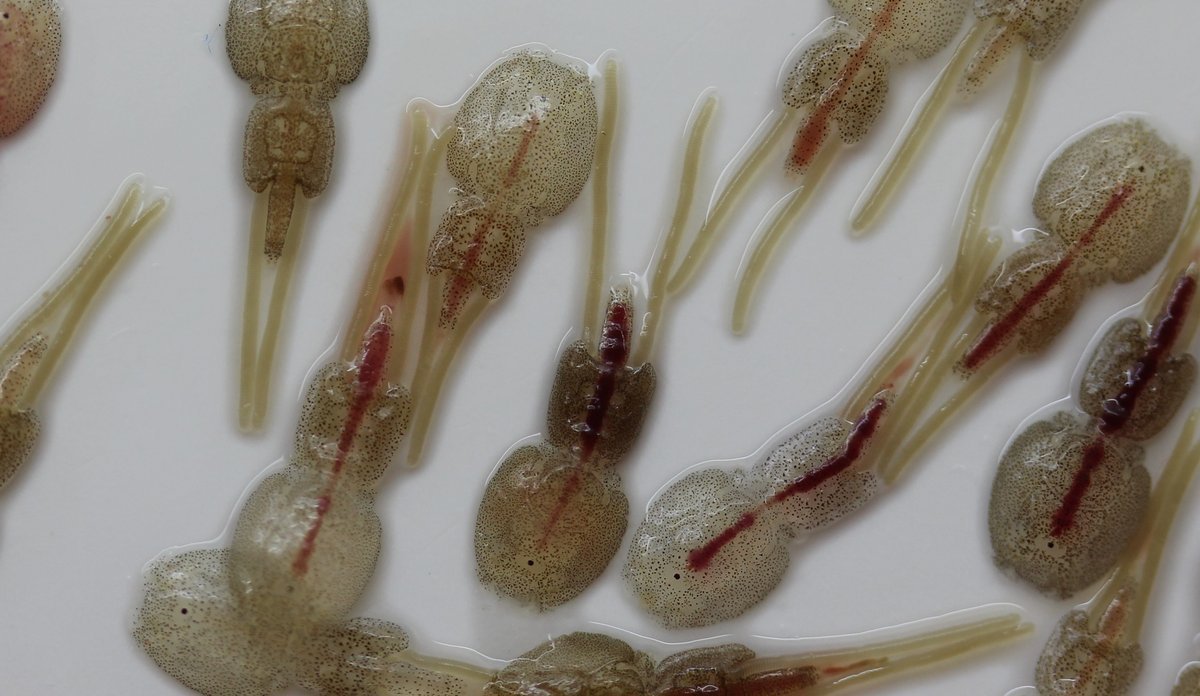This research group takes a multidisciplinary approach to the better understanding of health in fish, shellfish and crustaceans. Immunology, microbiology, parasitology, molecular biology, physiology and pharmacology are all represented in the group. Health is a multidimensional concept.
Important fields of research
- Bacterial diseases of fish and shellfish
- Viral diseases, particularly those of importance for Norwegian farmed stocks
- Studies of basic mechanisms of immunology in fish and shellfish
- Preventive diseases treatments, including probiotics, new vaccine concepts and vaccination methodology
- Shellfish health, particularly the identification of infectious material in Norwegian shellfish stocks
- Parasitology
- Biology of the salmon louse, particularly studies of the dispersion ecology and basic biology of the salmon louse
Vision
The group will contribute to good health and welfare in farmed fish, shellfish and crustaceans, through research on preventive health-care, diagnostics and treatment study diseases in wild stocks, and the potential for spread of disease between different wild and farmed stocks.
The baseline competence of the group will be continuously developed through basic research projects that we will finance mainly via the Research Council of Norway and the EU.
Management-oriented research and provision of advice will be the core activities of the group, whose advisory activities will also take place at European level, via participation in management-oriented EU projects. We will attempt to finance our management-oriented research and advisory services through the Ministry of Fisheries and Coastal Affairs, but also via the EU and industrial organisations.
Disease prevention
Good health in wild and farmed stocks is a prerequisite for optimal exploitation of the sea and the coast as sources of food. Good health is also a fundamental aspect of good animal welfare – i.e. of what we understand by ethically defensible animal husbandry. However, disease is also a part of nature. In aquaculture, high concentrations of farmed organisms, coupled with unfavourable environmental conditions, often provides ideal conditions for parasites and other pathogenic micro-organisms. Good health in aquaculture is therefore largely a question of disease prevention. Preventing disease means that it is also necessary to develop good methods for diagnosing and treating infectious diseases.
Disease affects the survival and quality of wild stocks, and infectious diseases can be transmitted between wild and farmed stocks. To what extent this actually happens is largely unknown, and better knowledge here is a prerequisite for the further development of an aquaculture industry based on several species. The research group will produce basic knowledge of disease in fish, shellfish and crustaceans and utilise such knowledge in its efforts to maximise health in aquaculture, and to improve our knowledge of disease in wild stocks.
(Former names: Disease and Pathogen Transmission / Fish health)

